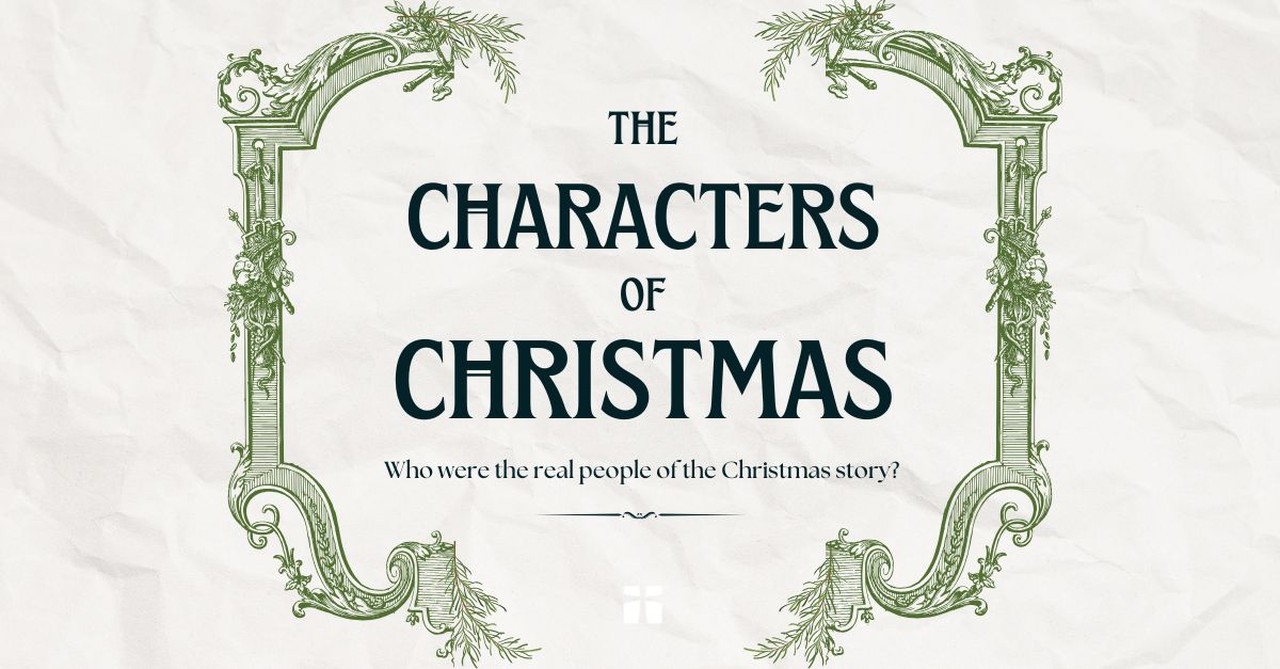2 Chronicles 2:11-18
11 Hiram king of Tyre wrote Solomon in reply: "It's plain that God loves his people - he made you king over them!" 12 He wrote on, "Blessed be the God of Israel, who made heaven and earth, and who gave King David a son so wise, so knowledgeable and shrewd, to build a temple for God and a palace for himself. 13 I've sent you Huram-Abi - he's already on his way - he knows the construction business inside and out. 14 His mother is from Dan and his father from Tyre. He knows how to work in gold, silver, bronze, iron, stone, and wood, in purple, violet, linen, and crimson textiles; he is also an expert engraver and competent to work out designs with your artists and architects, and those of my master David, your father. 15 "Go ahead and send the wheat, barley, olive oil, and wine you promised for my work crews. 16 We'll log the trees you need from the Lebanon forests and raft them down to Joppa. You'll have to get the timber up to Jerusalem yourself." 17 Solomon then took a census of all the foreigners living in Israel, using the same census-taking method employed by his father. They numbered 153,600. 18 He assigned 70,000 of them as common laborers, 80,000 to work the quarries in the mountains, and 3,600 as foremen to manage the work crews.



.jpg)
Matthew Henry's Commentary on 2 Chronicles 2:11-18
Chapter Contents
Solomon's message to Huram respecting the temple, His treaty with Huram.
Solomon informs Huram of the particular services to be performed in the temple. The mysteries of the true religion, unlike those of the Gentile superstitions, sought not concealment. Solomon endeavoured to possess Huram with great and high thoughts of the God of Israel. We should not be afraid or ashamed to embrace every opportunity to speak of God, and to impress others with a deep sense of the importance of his favour and service. Now that the people of Israel kept close to the law and worship of God, the neighbouring nations were willing to be taught by them in the true religion, as the Israelites had been willing in the days of their apostacy, to be infected with the idolatries and superstitions of their neighbours. A wise and pious king is an evidence of the Lord's special love for his people. How great then was God's love to his believing people, in giving his only-begotten Son to be their Prince and their Saviour.